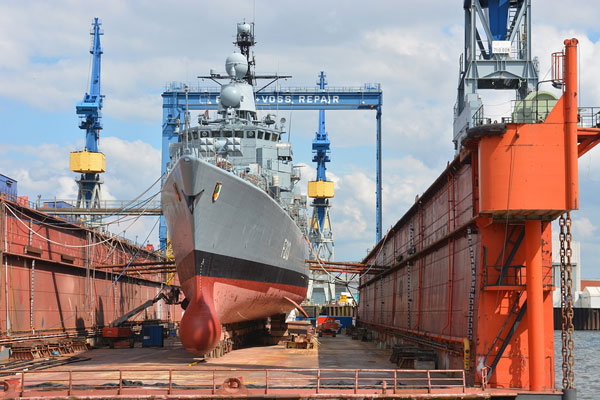cFrom a company management point of view and a financial aspect, the maintenance and operational costs shall be budgeted and aligned with the business activities level. By properly managing the company assets and operational expenses vs the investments and incomes, the company activities will be sustainable regardless of the market evolution.
In addition, the global economic situation has brought as well, the obligation to refinance, delay and reduce the operational expenses, by disrupting the maintenance planification, the class obligations and others expenses for technical services.
Therefor the offshore platforms and vessels docking projects are representing a high risks level, due to the complexity of the operations to be carried out.
Although docking activities are directly linked to the vessel’s classification, the scope of work is rarely well scheduled in advance and cannot always be properly evaluated as well.
Such cost variation is due to two key elements, such as the vessels geographical position and the scope of work to be carried out, which will modulate the docking cost itself and all indirect costs linked to the level of purchases activities for technical services, spare parts, new equipment, logistic services and highly specialised skills.
The automation of works which are carried out in the drydock, such as hull preparation, hull painting or others fabrications processes will certainly reduce the overall projects cost.
The solutions implemented in the offshore companies have been the deployment of new ERP systems, allowing the management of multiple vessels, equipment and associated stocks onshore and offshore which were previously not centrally managed.
Such project management tools and preparation work will certainly allow to manage the docking cost and the daily operations during the docking projects, including all third parties involved in the scope of work.
As a conclusion the digitalization has allowed the centralized management of all stocks, equipment and assets utilisation rates (MTBF), now allowing the companies to optimize their Operational expenses and reduce their vessels downtime.




